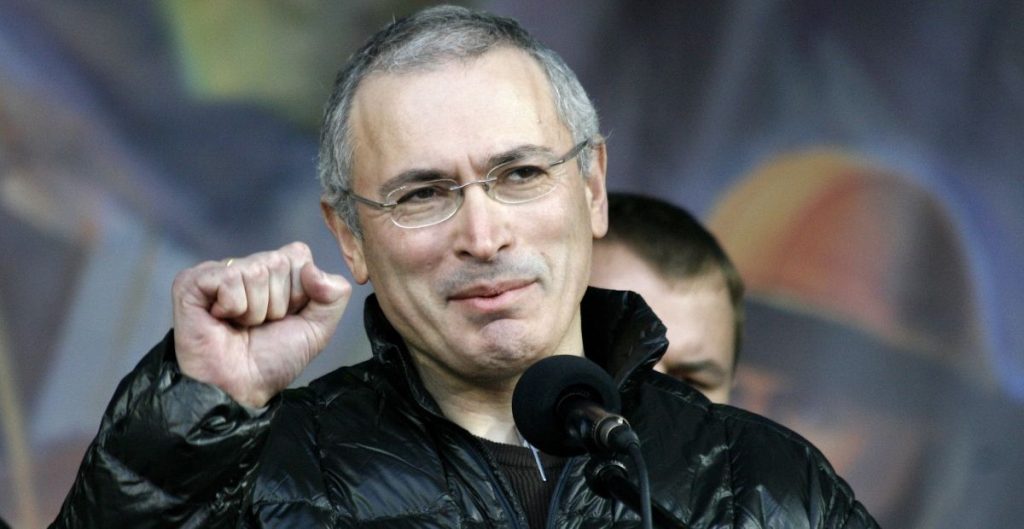The Cold War defined nearly half a century of global politics.
Others are reading now
It was an era when mistrust and nuclear fear divided Europe, and every diplomatic move carried the risk of escalation.
Though that confrontation ended with the Soviet Union’s collapse, some experts now say the political chill is returning.
At the center of this warning is Mikhail Khodorkovsky, one of Russia’s most outspoken exiles, who believes Europe must ready itself for another long period of tension with Moscow.
Long road ahead
Speaking at a private event in Brussels, Khodorkovsky told Politico that Europe should expect “a kind of Cold War that will last at least 10 years.”
He said the only reliable way to prevent future Russian aggression is to make Vladimir Putin believe the West poses a serious military deterrent.
Also read
During the first Cold War, the Soviet Union and Western powers tried to outmaneuver one another without triggering direct conflict.
Now, NATO officials warn that Russia is again using hybrid tactics to weaken Europe from within.
Limited impact of sanctions
Khodorkovsky, once Russia’s richest man and later a political prisoner, spent ten years behind bars before moving to London.
He downplayed the effect of Western sanctions, saying they “create some pressure on the Russian economy, but nothing dramatic.”
He also questioned Ukraine’s tactic of attacking Russian oil refineries with drones.
Also read
“Even the most powerful drone, even a Tomahawk missile, can hit at most about two hectares,” he said.
“A typical Siberian facility usually covers 1,500 hectares. The damage caused is equivalent to stepping on someone’s foot.”
Missed opportunity
According to Khodorkovsky, the best chance to weaken Putin’s grip came in the first two years after the full-scale invasion of Ukraine, if Russian forces had been defeated decisively.
He added with irony, “We have a tradition in Russia that our dictators leave somewhere between the ages of 70 and 80.”
Putin turned 73 in October.
Also read
Russian authorities recently opened a new criminal case against Khodorkovsky, accusing him of leading a terrorist organization and plotting a violent takeover.
The Federal Security Service named 22 people allegedly connected to his Russian Anti-War Committee, including academics, activists, and business figures.
A symbol of defiance
Khodorkovsky’s case remains one of the most notable in modern Russian history.
He was imprisoned for a decade on tax and fraud charges that many viewed as politically motivated.
His oil company, Yukos, was dismantled, and its assets were absorbed by state-controlled firms.
Also read
The new accusations followed the Parliamentary Assembly of the Council of Europe announcing a platform for dialogue with Russia’s democratic opposition.
Khodorkovsky said the Kremlin’s response shows “how disturbed Putin is by the idea that Russian democratic forces are gaining legitimacy, even symbolically.”
Some of those accused now face difficulties with European banks and worry that the terrorism label could hinder international travel.
Looking beyond today
Khodorkovsky told Politico that he still hopes to return to Russia one day but doubts he will see the country truly change in his lifetime.
“My generation will not live to see the day when Russian society returns to normal,” he said.
Also read
When asked if this outlook discourages him, he smiled.
“When you work in heavy industry, you get used to initiating processes that will outlive you. From the exploration of an oil field to production it can take 15 years or more. The future is as real to me as the present, and it motivates me.”
Sources: Hotnews, Politico, News.ro, AFP, Profimedia, Council of Europe


